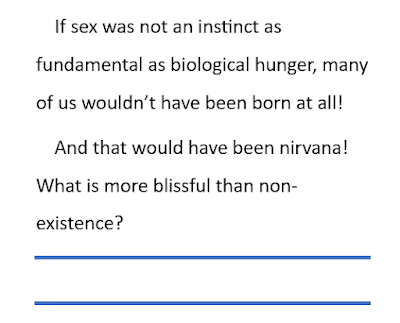Posts
Showing posts with the label meaning
Recent Posts
Recent Posts
-
-
- How monsters become gods
- Kuhu Learns to Deal with Life
- A Tender Return to a Childhood Bond
- What Delhivery Delivered
- Confessions of a retired teacher
- Freedom with Responsibility at School
- Little Meena’s Big Adventure
- Social Justice in India
- Teaching values in a country of gimmicks
- Teacher Training or is it Taming?
- Modi’s style of dealing with insecurity
- Teacher as Intellectual
- Language and Politics of Exclusion
- Multidisciplinary Learning
- Competencies in School
- Exam: The God
- Syllabus: Where More Becomes the Enemy of Learning
- Education and making the human
- Relevance of Education
-
-






